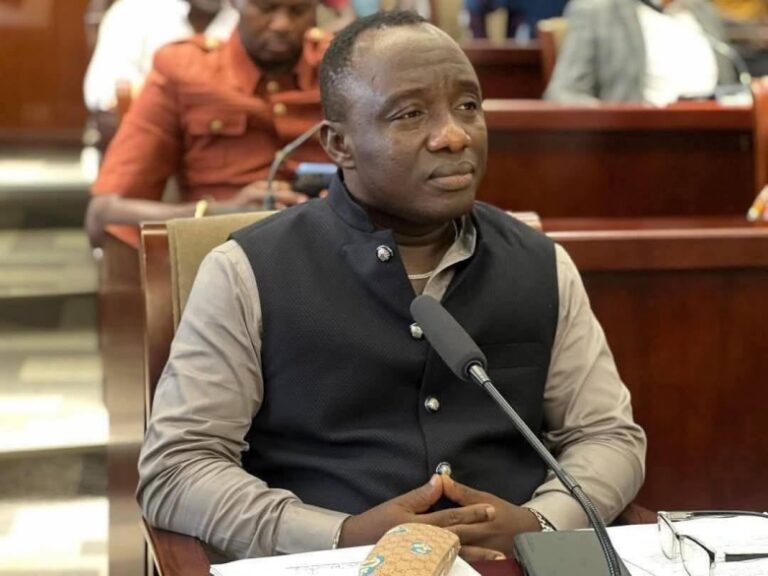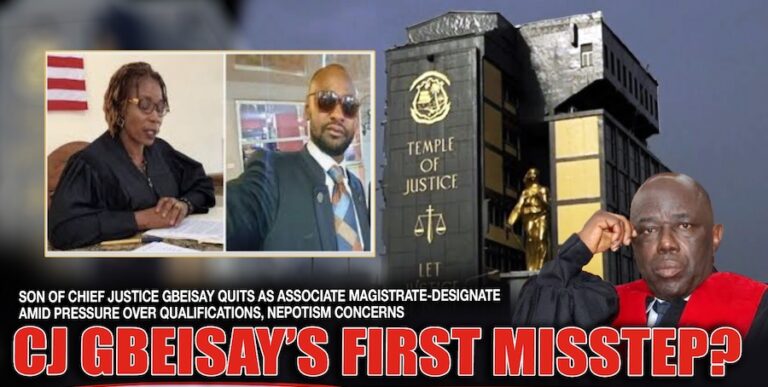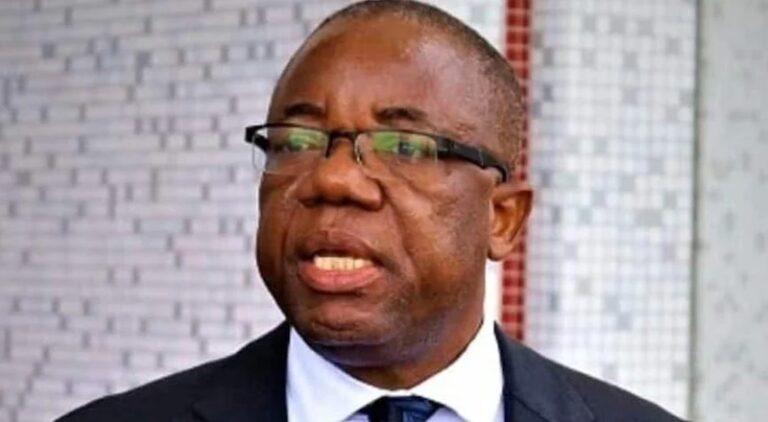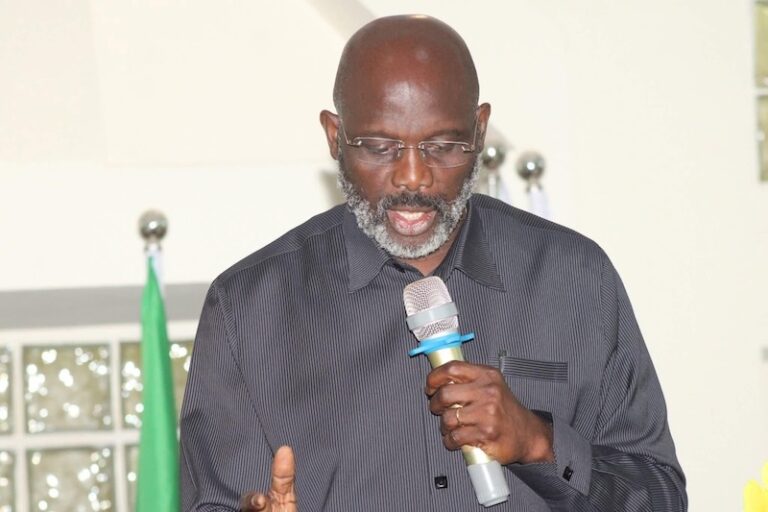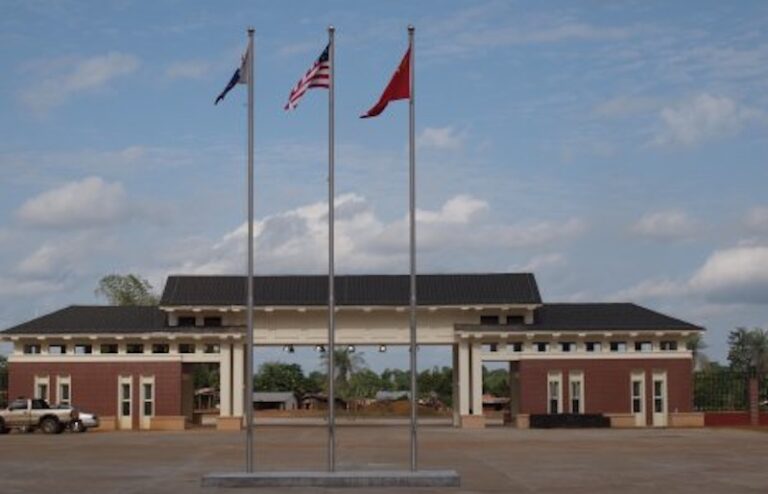
By: Rufus S. Berry II, MBA
Historian and Financial Expert
Introduction:
In a nation where the past often echoes into the present, understanding the legacies of Liberia’s former presidents is not just an academic exercise—it is a civic duty. Among the pantheon of Liberian leadership, two names stand tall: President William V.S. Tubman, who served from 1944 to 1971, and his immediate successor, President William R. Tolbert Jr., who led from 1971 until his tragic assassination in 1980.
While both men belonged to the same True Whig Party, their leadership styles, domestic priorities, and international strategies reflect two contrasting yet complementary visions of Liberian progress. Tubman was the architect of physical nation-building; Tolbert, the reformer who sought to reconstruct the soul of the republic. Their legacies continue to influence Liberia’s developmental path and civic consciousness today.
Tubman – Domestic Leadership and Development
President William V.S. Tubman is often referred to as the “father of modern Liberia”—and for good reason. His administration introduced the Unification Policy, which aimed to integrate the long-marginalized indigenous majority into national life, a groundbreaking shift in Liberia’s socio-political framework.
Tubman: Builder of National Landmarks
President Tubman oversaw the construction of many of Liberia’s most iconic and still-functioning public buildings:
These projects created the foundation for a functioning state and signaled Liberia’s arrival as a modern African republic.
President William R. Tolbert Jr. : The Reformer and Grassroots Advocate
President Tolbert inherited a stable and growing nation but took a different direction. He believed that inclusive development and social equity were the future of Liberia.
Tolbert: Housing the People and Training the Future
In contrast, President Tolbert’s domestic focus was less about monumental structures and more about people-centered development. He launched low-cost housing estates across the country and dramatically increased the number of vocational and multilateral schools, aiming to empower ordinary Liberians through skills and education. He was also the first president to elevate indigenous Liberians to senior cabinet and diplomatic positions in significant numbers—breaking through the Americo-Liberian dominance of government.
Tolbert also expanded vocational and technical education, recognizing that Liberia’s young people needed skills to contribute meaningfully to national growth. Under his leadership:
Tolbert’s “Total Involvement for Higher Heights” campaign invited citizens into governance and emphasized national self-reliance, decentralization, and food security. However, his ambitious reforms threatened vested interests, and economic unrest—particularly the 1979 rice riots—contributed to growing instability that ultimately led to his downfall.
Foreign Policy and International Diplomacy
Tubman’s foreign policy was built on Liberia’s historical ties with the United States. He firmly aligned with the West during the Cold War, securing generous economic aid and military support. At the same time, he was a founding figure in Pan-Africanism, hosting the 1959 Sanniquellie Conference, which led to the establishment of the Organization of African Unity (OAU).
Liberia under Tubman was seen as a symbol of Black independence and progress—a unique position that allowed him to serve as a bridge between Africa and the Western world.
Tolbert took a different course. He broadened Liberia’s diplomatic posture by embracing the Non-Aligned Movement. He maintained ties with the West but also opened relationships with the Soviet Union, China, and pan-African states with socialist leanings. As Chairman of the OAU in 1979, Tolbert boldly condemned apartheid in South Africa and racism globally, positioning Liberia as a voice of moral clarity in international forums.
He also advocated for a New International Economic Order, pushing for fairer global trade rules and more equitable economic partnerships for developing nations.
Legacy and National Reflection
Both presidents left legacies that continue to shape Liberia’s political, institutional, and ideological landscape.
Tubman gave Liberia roads, hospitals, and national symbols; Tolbert tried to give Liberia justice, dignity, and democratic depth.
Conclusion: Lessons for a New Generation – Today’s Young Liberians.
As Liberia continues its journey toward inclusive development, good governance, and national renewal, the contrasting yet interconnected legacies of Presidents Tubman and Tolbert offer vital lessons.
From Tubman, we learn the importance of visionary leadership, infrastructure, and diplomacy grounded in strategic alliances. From Tolbert, we inherit a blueprint for social reform, human development, and courageous political transformation.
Today’s young Liberians must not only remember these two men but also reflect on what they represent: the builder and the reformer, the stabilizer and the challenger, the patriot and the prophet. Both men sought to move Liberia forward. It is now the duty of a new generation to carry their dreams beyond what either could finish—and to do so with wisdom, resolve, and unity.
The author can be reached at rsozberry@gmail.com or
+231-886-362332 (WhatsApp)
510-319-9433 – US








